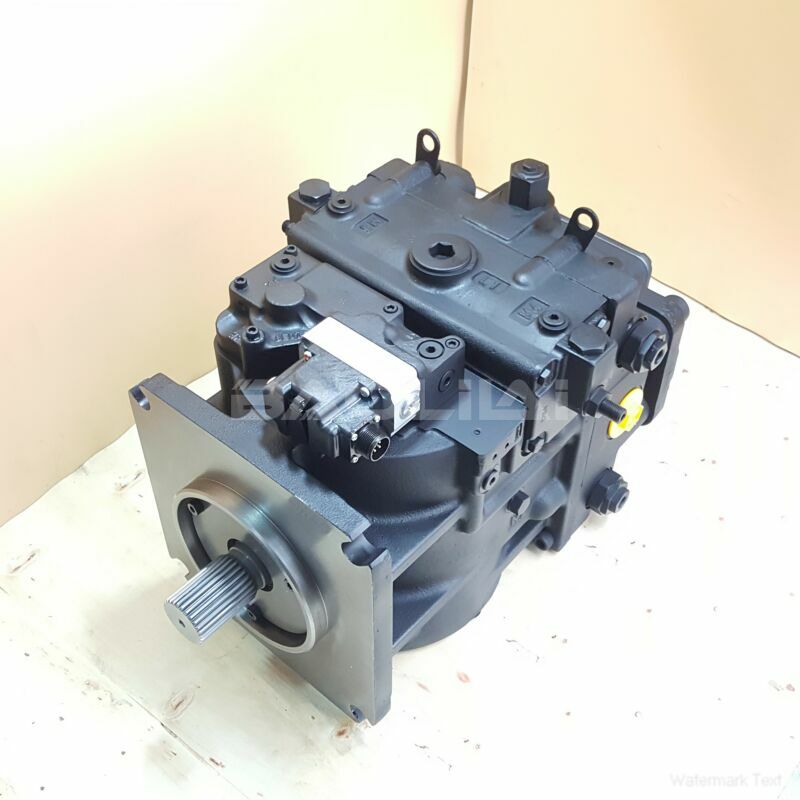90L075HF1CD60P3S1E00GBA171724 piston pump
90L075HF1CD60P3S1E00GBA171724 piston pump

- Product Details
- Applicable Scene
In modern hydraulic systems, high-pressure pumps play a pivotal role in facilitating efficient operations across various applications, from industrial machinery to automotive systems. One often-overlooked aspect of these pumps is their influence on heat transfer within the hydraulic circuit. Understanding the interplay between high-pressure pumps and heat transfer can lead to optimized performance, enhanced reliability, and longer equipment lifespans.
90-L-075-HF-1-CD-60-P-3-S1-E-00-GBA-17-17-24
90L075HF1CD60P3S1E00GBA171724
High-pressure pumps in hydraulic systems are designed to generate the necessary pressure to move hydraulic fluids through a closed-loop system. As the fluid passes through the pump, it undergoes compression, increasing its temperature due to the energy input and the viscous nature of the fluid. This temperature increase is critically important, as it can affect the viscosity of the hydraulic fluid, impacting overall system efficiency.

83011261
In an ideal hydraulic system, the generated heat needs to be effectively dissipated to maintain optimal operating temperatures. If the heat isn’t managed correctly, it can lead to reduced fluid viscosity, causing inefficient flow and increased wear on hydraulic components. High-pressure pumps are often equipped with integrated heat exchangers or are coupled with external cooling systems to minimize excessive heat buildup. These cooling mechanisms work by removing heat from the hydraulic fluid before it circulates back into the system, maintaining a stable operating temperature.
Another key aspect of high-pressure pumps and heat transfer is the concept of thermal loading. When pumps operate continuously or under heavy loads, they generate significant heat. This heat must be transferred away efficiently to prevent thermal degradation of the hydraulic fluid and ensure that the pump components remain within their specified operating temperatures. Pumps designed with materials that offer good thermal conductivity can further enhance the heat transfer process. Many modern high-pressure pumps are constructed from advanced materials that not only withstand high pressures but also facilitate better heat dissipation.





